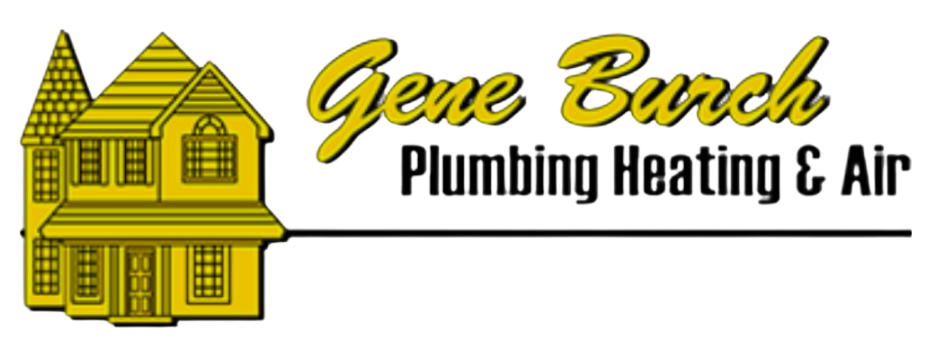When the summer heat kicks in, your AC should be your greatest ally in keeping your home comfortable. But what if it’s suddenly blowing hot air instead of a refreshing breeze? It’s a scenario no one wants, but unfortunately, it happens. And when it does, you need answers—and fast. Ignoring this issue can lead to discomfort and cause your energy bills to skyrocket. So, understanding why your AC might misbehave and how to tackle the issue can save you from a lot of unnecessary stress.
We get it—dealing with an AC that’s not doing its job is beyond frustrating. But before you decide to give it a permanent time-out, let’s explore some common reasons for this malfunction and the steps you can take to resolve it. By understanding the root causes, you can take informed action or decide when it’s time to bring in the experts.
Common Causes of AC Blowing Hot Air
While it might feel like your AC has a mind of its own, there are a few common culprits behind the hot air problem. Here’s a list to help you understand what might be going wrong:
– Thermostat Settings: Sometimes, the solution can be as simple as adjusting the thermostat. Maybe it’s set to heat, or the temperature setting is too high. Always check this first.
– Dirty or Clogged Air Filters: These filters are essential because they clean the air before it circulates through your home. If they’re dirty or clogged, they can restrict airflow and cause the AC to work harder, pushing out warm air.
– Refrigerant Leaks: The refrigerant is the lifeblood of your AC, responsible for cooling the air. If there’s a leak, the unit can’t function correctly, leading to warmer output.
– Blocked or Dirty Condenser Coils: The condenser coils, located outside, need to be clean to work properly. If dirt and debris accumulate, it can interfere with the cooling process, resulting in hot air.
Understanding these common causes can put you on the right track to sorting out the issue. If you’ve followed the steps and your AC is still blowing hot air, it might be time to consider professional assistance. Solving these problems can get things back to normal, ensuring that you stay cool even when the temperature rises.
Troubleshooting Steps for AC Issues
When your AC decides to blow hot, following these simple steps can help you pinpoint the problem and, in some cases, fix the issue.
1. Adjusting the Thermostat: Start by taking a closer look at your thermostat settings. Make sure it’s set to “cool” and the temperature is lower than your room’s current temperature. Sometimes, a thermostat set to the “auto” mode rather than “on” can affect how well it cools.
2. Checking the Air Filters: Next, inspect the air filters. A dirty or clogged filter can severely hinder airflow. If you find that the filter is gray and full of dust, it’s time for a change. To replace it, remove the old filter, match the size for the new one, and slide it in place. Regularly changing filters can significantly improve your AC’s efficiency.
3. Identifying Refrigerant Leaks: Noticing warm air can sometimes point to a refrigerant leak. However, dealing with refrigerants requires professional expertise due to the complexity and safety measures involved. If you suspect this as the issue, seeking professional help is recommended.
4. Cleaning Condenser Coils: The outdoor condenser coils can collect dirt and debris, affecting your AC’s performance. To clean them, carefully power off the unit, remove any large debris by hand, then gently spray the coils with water. This step can improve airflow and cooling efficiency.
When to Call a Professional
Sometimes, even after trying these troubleshooting steps, your AC might still not be cooling as expected. Here are some signals that it’s time to call in the professionals:
– Persistent Hot Air: If your AC continues to blow hot air even after checking all common causes, there’s likely a deeper issue requiring expert attention.
– Strange Noises or Odors: Unusual sounds or smells from your AC could mean serious internal problems. An experienced technician can diagnose and fix these issues safely.
– Frequent Cycling: If your AC repeatedly turns on and off without cooling the home, it could suggest a problem with the compressor or electrical components, which needs professional intervention.
The expertise of professionals is invaluable when dealing with complex issues. They have the tools and knowledge to diagnose and repair without causing more harm.
Preventive Measures to Avoid Hot Air Issues
To keep your AC in top shape and prevent it from blowing hot air, adopting preventive practices can make a big difference.
– Regular Maintenance: Conduct regular checks on your AC system to spot issues before they escalate. Include cleaning and replacing filters as part of your monthly routine.
– Seasonal Tune-Ups: Schedule professional tune-ups before peak seasons. A thorough inspection can spare you from unexpected breakdowns when you need cooling the most.
– Outdoor Unit Care: Make sure your outdoor unit is clear of obstructions. Trim plants and keep the area clean to ensure optimal operation.
With the right care and timely interventions, you can ensure your AC provides efficient cooling throughout the warm months. Keep the system maintained and stay alert to any signs of trouble for a seamless comfort experience.
Stay ahead of any cooling troubles and ensure a comfortable home with top-notch service from Gene Burch Plumbing, Heating & Air. If you’re encountering persistent issues or just want peace of mind, consider scheduling an appointment for professional AC service repair. For more information on keeping your system running smoothly, explore our expert solutions today.

